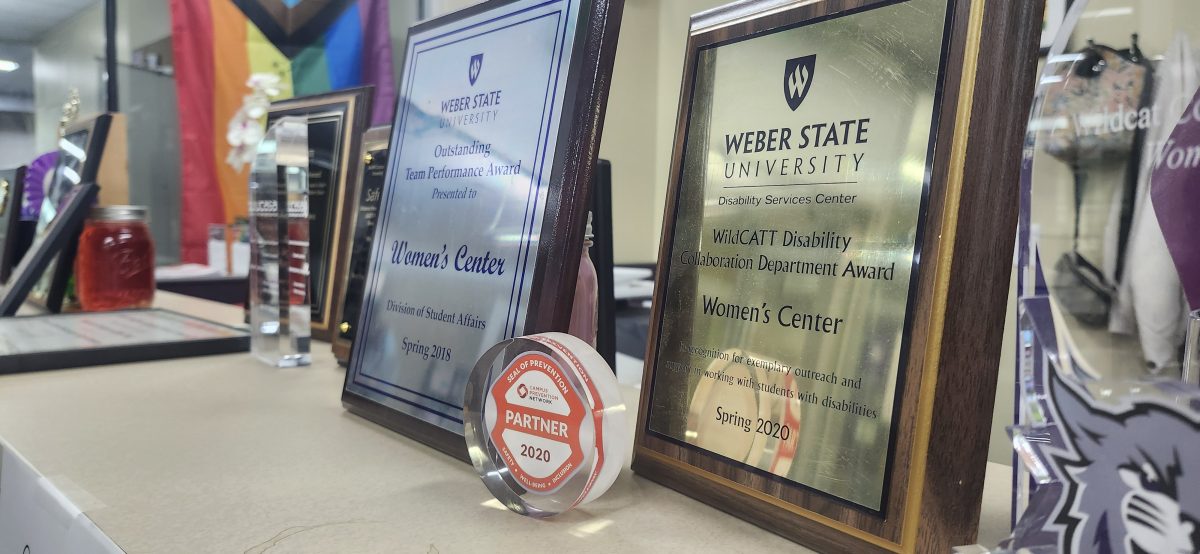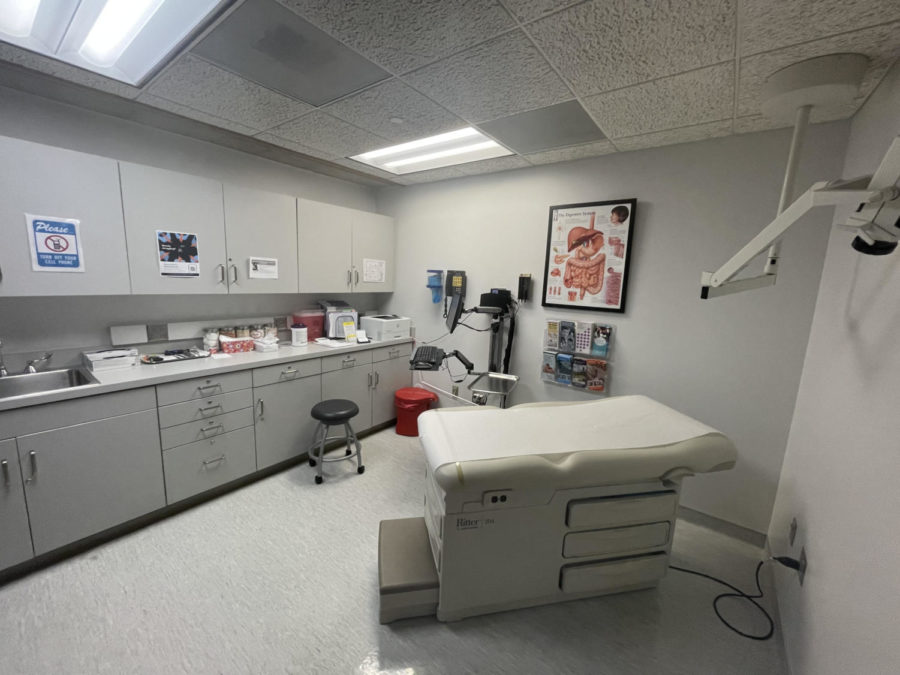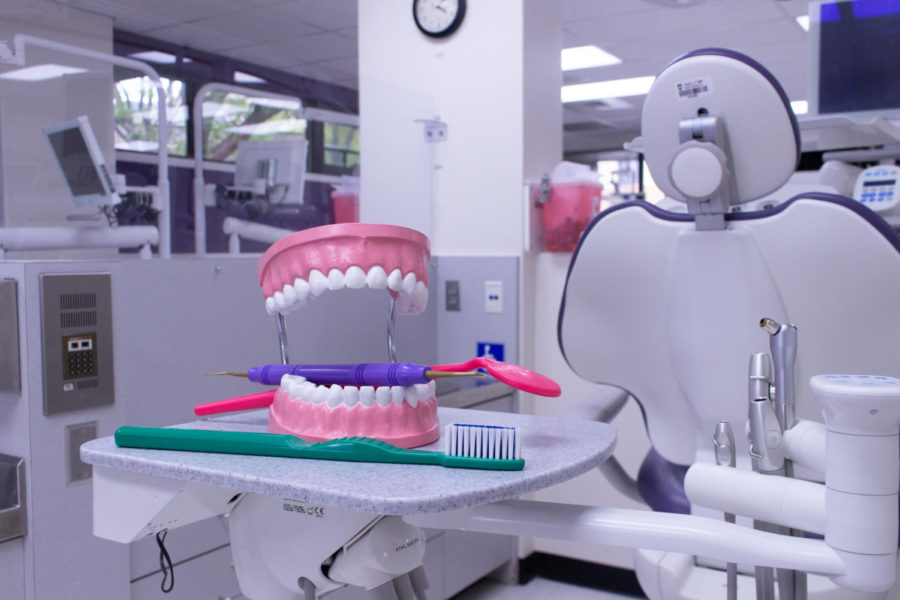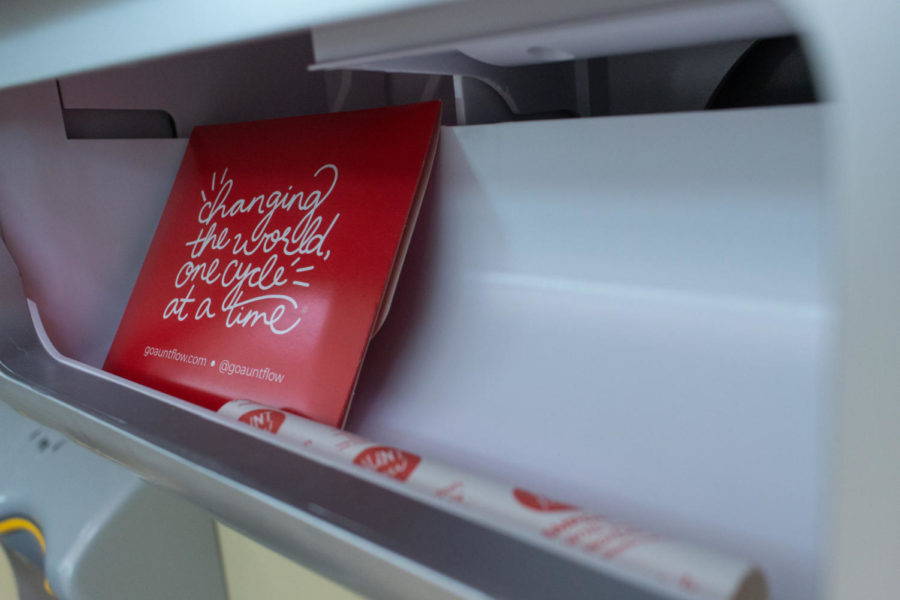I’m not going to say colleges are cesspools of depression and anxiety, but . . . the 2006 American College Health Association Survey found that 45 percent of women and 36 percent of men in college reported being so depressed they could barely function. When you factor in anxiety disorders — the most common mental illness in the U.S., affecting 18 percent of the population, according to the Anxiety and Depression Association of America — odds are good that you encounter fellow students every day who have to force themselves, minute by minute, to somehow keep going.
This shouldn’t be surprising to any of us. As all articles on the subject will tell you, college life comes with its own vast set of stressors that first-time college-goers might not be emotionally equipped to deal with. Some students are living away from home, sometimes with complete strangers, and in charge of their own finances for the first time. They are expected to go to class and perhaps work — all day, every day in many cases — and maintain robust social lives and add romantic conquests to their scoreboards as a bonus. Here at Weber State University, a good number of the students not only have to worry about grades, work and finances, but spouses and children as well.
I was lucky enough to be able to live with my aunt when I started at WSU, so I didn’t have to deal with the rude awakening of total independence or living in an unfamiliar environment, but the first year or two of college was nevertheless a dark time for me.
Classroom settings were a daily horror. Sitting by other students was unthinkable. When teachers told me not to sit in the back by myself, I’d tell them I was in the wrong class and leave. I walked out of tests in the Testing Center because proctors would place me next to other students. Missing class brought such relief that I was soon missing at least one class a day. I had no energy to face homework, and when I tried to, I would stare at the computer for hours, wishing I were brave enough to kill myself to get out of it, until I convinced myself that it would be OK to put it off longer or let it slide altogether. Dates and social events were out of the question, no matter how much I wished for them.
The worst part of all this was that it couldn’t have been further from who I felt I really was. In the past, I’d known what it was like to be a diligent, perky, straight-A student, and that version of myself now seemed as unreachable as a dead loved one. No matter how many people post cheery Facebook declarations that “happiness is a choice!”, try to remember that people with depression and anxiety would give anything not to feel the way they do. Who on earth would choose to go through emotional torture over simple tasks like writing a paper, sitting in a car with someone, or taking a test in a silent classroom?
The good news is that all I needed to do was give people a little more credit in their willingness to understand and help me. I didn’t have to make up “normal” excuses for my behavior. My teachers were happy to accommodate my needs in seating, taking tests by myself and even retaking ones I’d walked out of for those reasons once I was just honest with them. I finally made appointments with Services for Students with Disabilities, the Counseling and Psychological Services Center, and the Health Center. I was able to get on an antidepressant that gradually helped me feel like myself again.
Depression and anxiety are still always-lurking threats to me. Simple tasks are still harder for me emotionally than they should be, and some days sadness overwhelms me for no reason, to the point of returning to my old dysfunction at times. But my life is well worth living, and my future feels bright, something I couldn’t imagine feeling four years ago.
You might be sick of hearing it and might not believe it, but overcoming this is possible. Don’t be discouraged if the first thing you try isn’t the miracle cure-all you hoped for. Find the right counselor for you; no counselor is suited to everybody. Don’t be afraid of medication; it can be the difference between life and death, and nobody thinks it’s weird. Don’t be ashamed to seek help for depression and anxiety from Services for Students with Disabilities, because they are valid disabilities and not your fault. Set reasonable expectations for yourself; you don’t need to be the star pupil or super-involved social butterfly. Most importantly, don’t give in to it and lock yourself in your room for the rest of your life; push yourself a little further every day, and care enough about your life to ask for help.



















